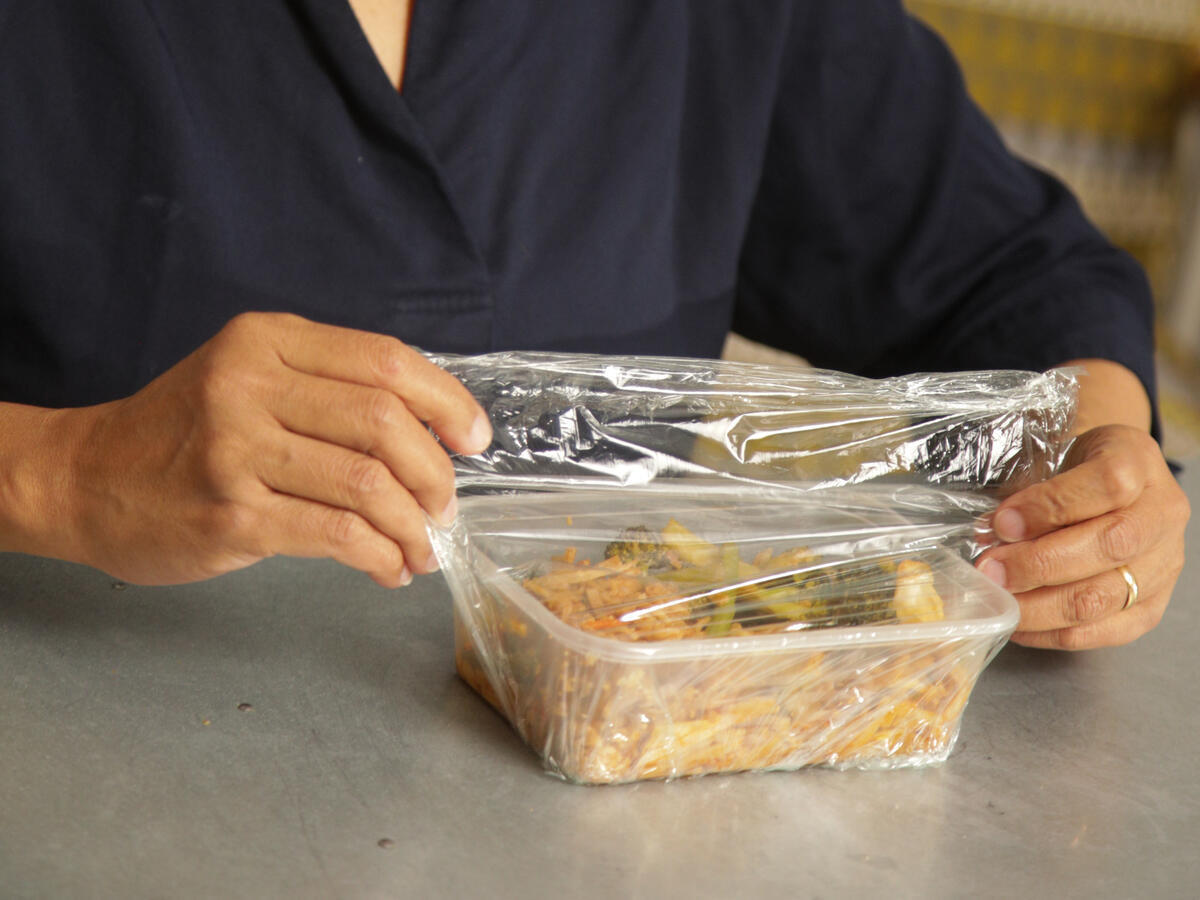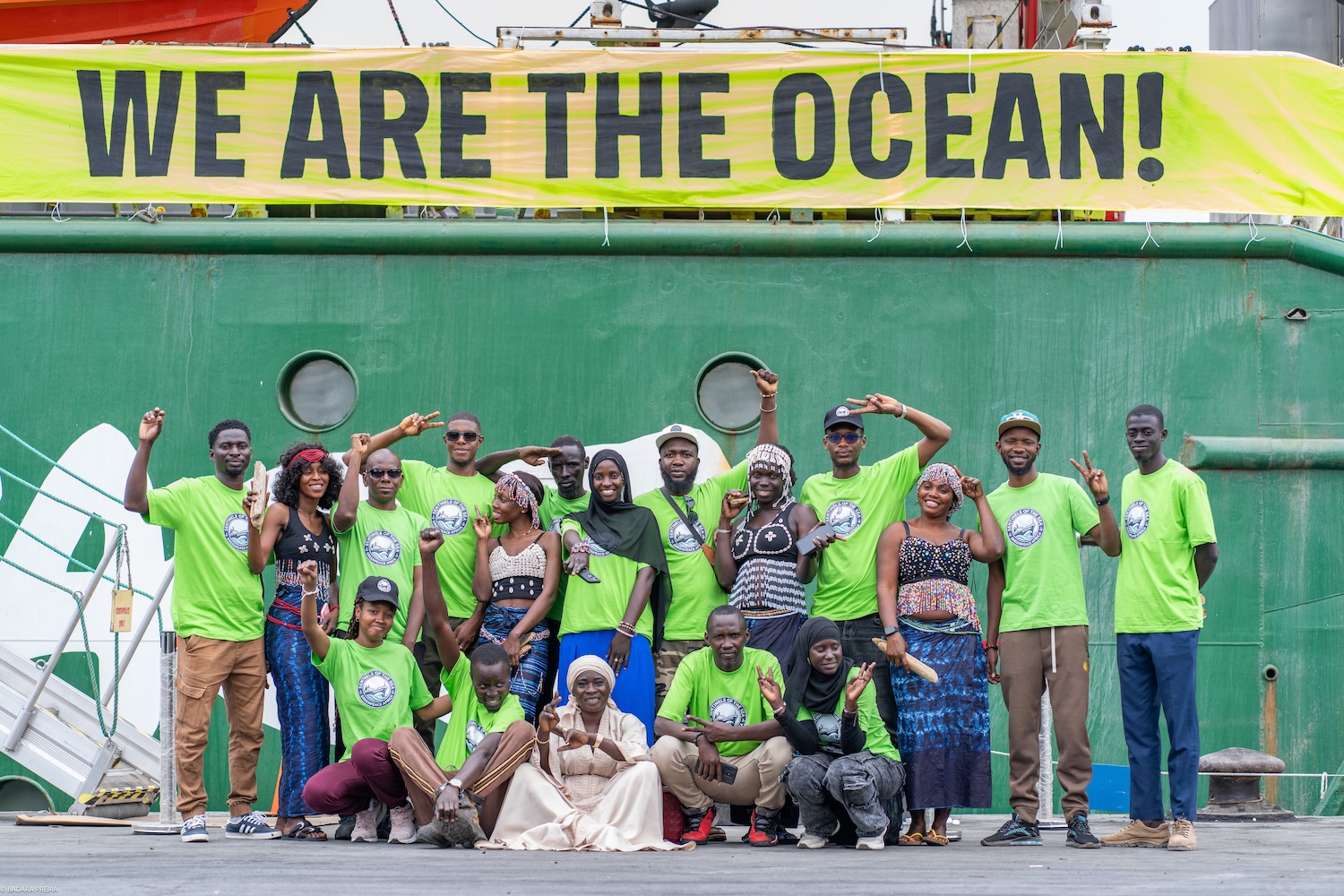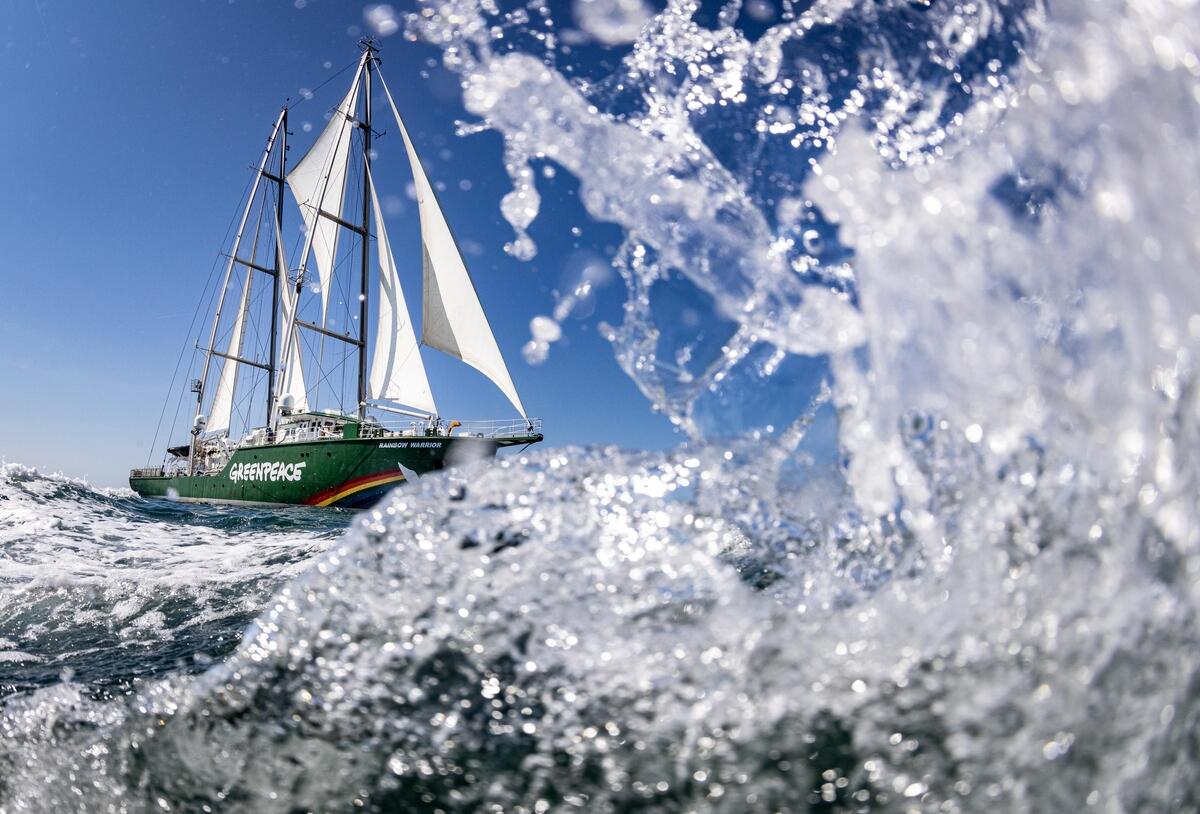Johannesburg, October 9th 2025 – A new Greenpeace Africa report warns that Africa’s vast reserves of critical minerals could either drive development and climate justice or entrench inequality and exploitation if governance and value addition remain weak.
The report, “Exploring the Critical Minerals Landscape in Sub-Saharan Africa: Insights for Development Policy and Practice,” highlights that:
- Sub-Saharan Africa holds 30% of global critical mineral reserves.
- To meet Paris Agreement goals, the supply of critical minerals for renewables must quadruple by 2040, requiring $800 billion in new investment.
- The Democratic Republic of Congo (DRC) produces 70% of the world’s cobalt, yet ranks 180th out of 193 on the Human Development Index.
- The continent loses $20 billion every year to illicit financial flows from mining.
- Local processing could create 2 million jobs by 2035.
A new geopolitical “rush”
The report notes that global competition for Africa’s minerals is intensifying:
- Globally, China has been leading the processing of critical minerals into value-added products (beneficiation).
- The United States, under President Trump, has shown renewed interest in the DRC conflict, not only for security reasons, but also because of the country’s immense mineral wealth. The Inflation Reduction Act has already placed African minerals at the heart of US supply chain strategy.
- The European Union has passed a Critical Raw Materials Act to lock in supplies. Together with the US, UK, Japan and others, it launched the Minerals Security Partnership to reduce dependence on China and diversify sourcing.
“This geopolitical competition risks reducing Africa to a battleground of global powers, with communities and ecosystems paying the highest price,” the report warns.
Greenpeace Africa’s Position
Koaile Monaheng, Pan-African Political Strategist at Greenpeace Africa, said:
“This is not just about critical minerals. It is about whether Africa finally controls its own wealth, or whether we watch another scramble for Africa, this time dressed up as climate action.. If we replicate the exploitative models of oil and gas extraction, we will lock in poverty, inequality, and environmental destruction for decades. This report shows that we cannot trade one extraction economy for another; we must invest in beneficiation, enforce governance, and place communities at the heart of decision-making.”
Key Recommendations
The report calls on policymakers, civil society, and international actors to:
- Prioritise beneficiation and value chains in Africa, rather than exporting raw materials.
- Crack down on illicit financial flows and strengthen transparency in contracts.
- Adopt exemplary environmental and social standards to protect communities and biodiversity.
- Ensure the energy transition does not reproduce extractivist injustice, but delivers development dividends for Africans.
The launch comes at a critical moment: South Africa is hosting the 2025 G20 Summit, where inclusive growth, trade, and investment are top of the agenda. Greenpeace Africa is calling on G20 leaders to ensure that Africa’s critical minerals are not just extracted for global supply chains but are leveraged to power Africa’s own industrialisation, job creation, and just energy transition.
The launch webinar gathered African voices, policy experts, and campaigners to chart a path toward a just and sustainable minerals future.
Report & Webinar Details:
- REPORT | Exploring the Critical Minerals Landscape in Sub-Saharan Africa: Insights for Development Policy and Practice
- Webinar details
Media Contact:
Ibrahima Ka NDOYE, International Communications Coordinator Greenpeace Africa, [email protected] / +221778437172



